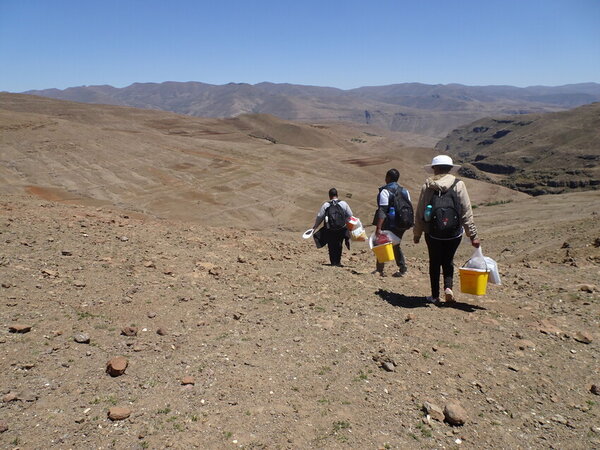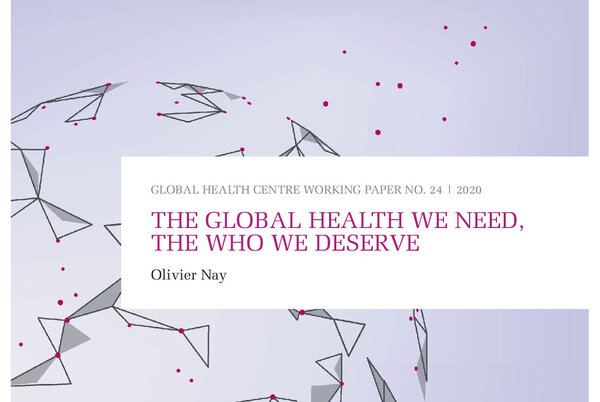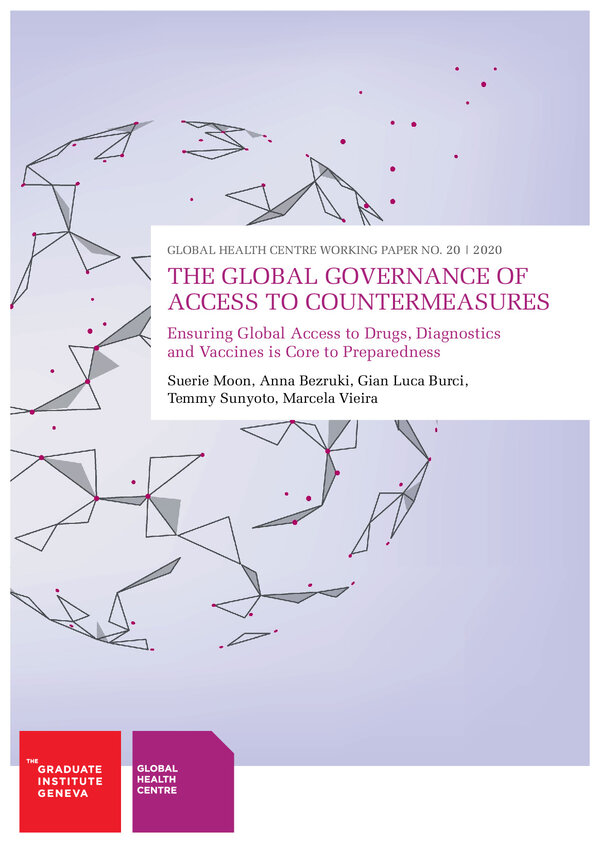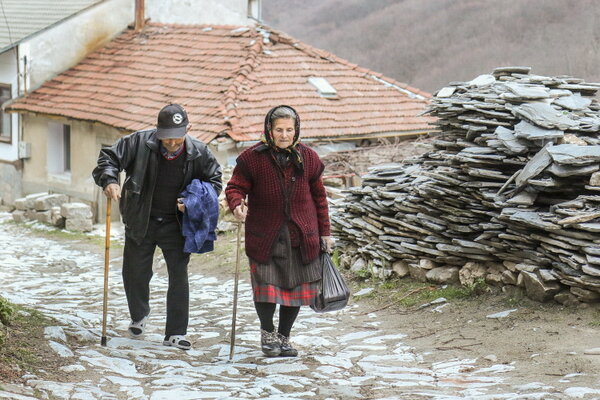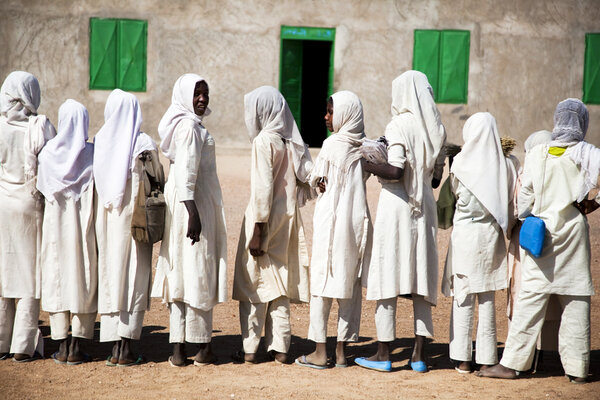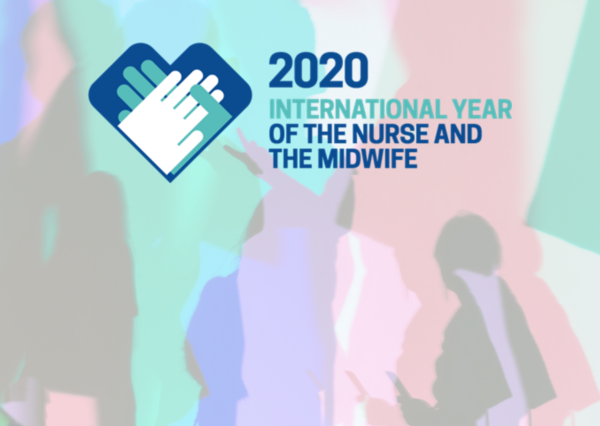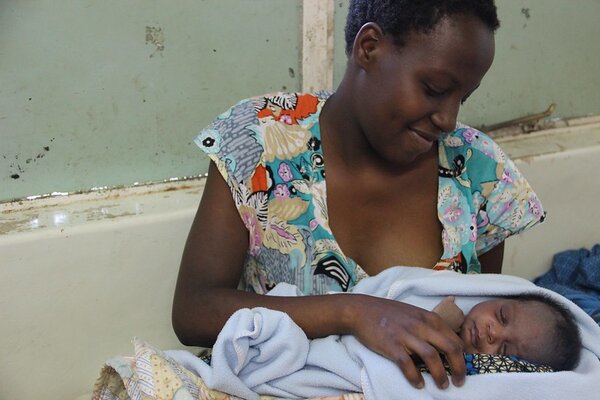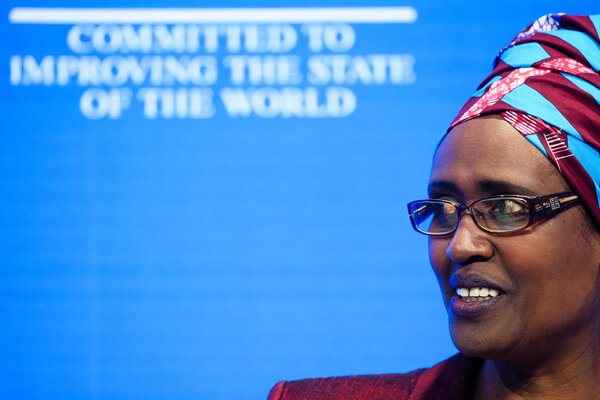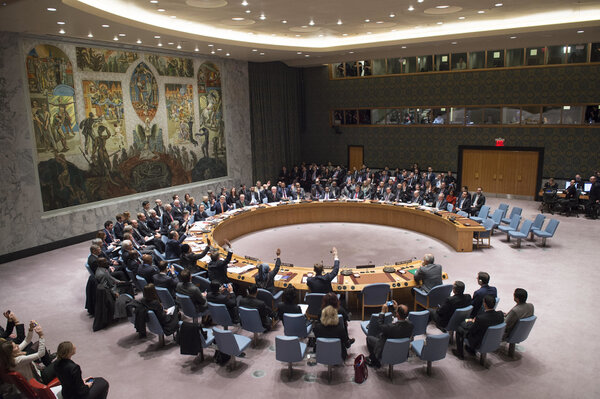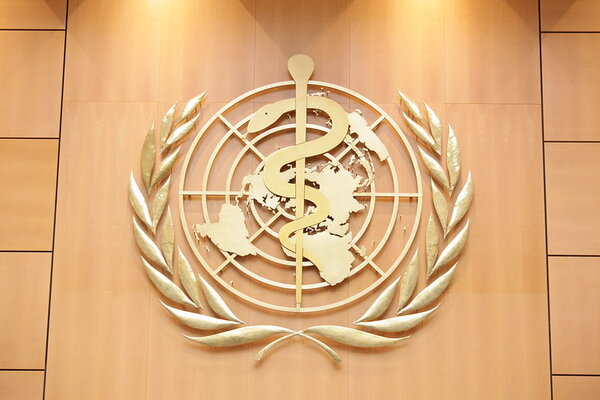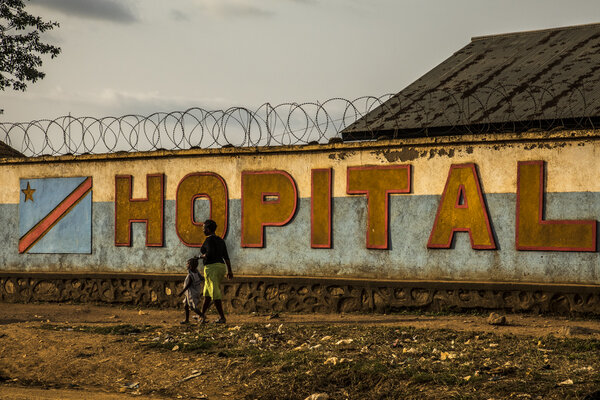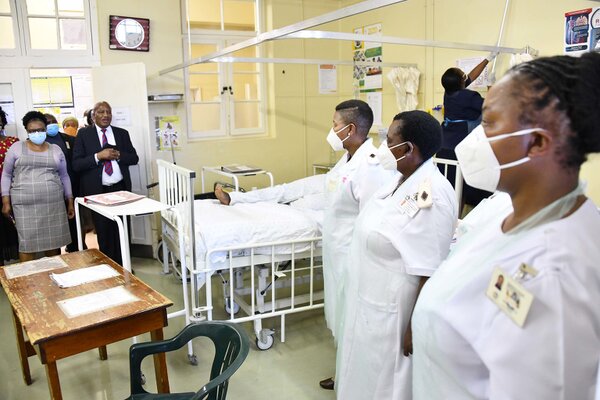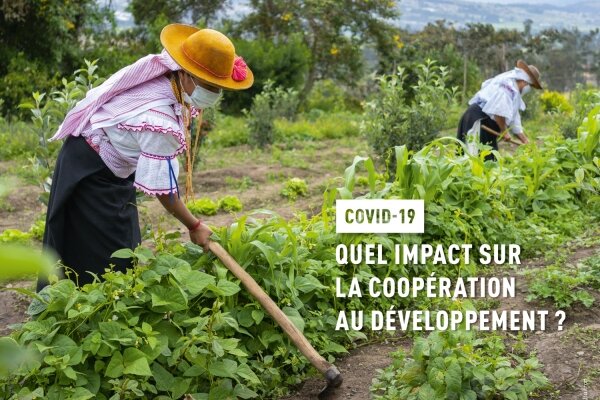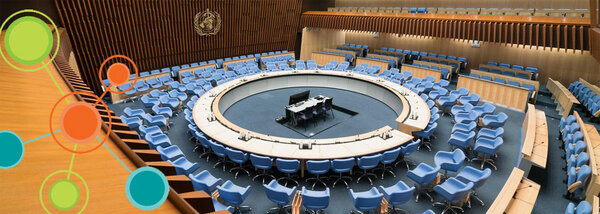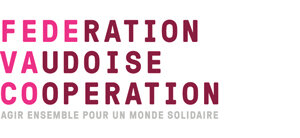In der wievieltesten Phase der Pandemie befinden wir uns eigentlichen? Auf die Verdrängungs-, folgte die Intensivphase, in der wir in der Stille des Lockdowns die verschiedensten Dimensionen der Pandemie reflektieren konnten. Dann kam die War-doch-alles-nicht-so-schlimm-easy-Sommer-Phase, die schleichend in eine herbstliche Unsicherheitsphase überging, um dann in die gegenwärtige letale Ignoranzphase gelangt zu sein. Jede Phase fühlt sich wie ein eigenes Universum in einem zusammenhängenden Computerspiel an, in welchem wir uns durch die verschiedensten Räume kämpfen müssen.
Die unheimliche Phase
Dieser jetzige Raum ist der unheimlichste – wir schauen hier in der Schweiz auf unzählige Todesfäll, die wir offenbar als Kollektiv noch nicht zu würdigen bereit sind. Gleichzeitig hoffen wir auf das Endspiel im Kampf gegen das Virus, das sich in seiner Virulenz verstärkt. Und wir wissen nicht, durch wie viele Räume wir uns noch zu kämpfen haben, bis dass wir das Ziel erreicht haben.
Vielleicht ist die Computerspielanalogie weit hergeholt, doch wie in einem solchen Spiel üblich, sind wir so stark involviert, dass wir dazu tendieren unsere Analysefähigkeit zu verlieren, denn wir sind hyperfokussiert und gleichzeitig nicht mehr fähig unser Umfeld wahrzunehmen.
Grundlagen des gemeinsamen Verständnisses
Das Netzwerk Medicus Mundi Schweiz hält es genau in diesem Zeitpunkt für wichtig, Distanz zum Geschehen zu nehmen und zu verstehen, was eigentlich geschehen ist und was dieses Geschehen für die Arbeit in der internationalen Zusammenarbeit bedeutet. Wir sind überzeugt, dass Gesundheit und das Recht auf Gesundheit ganz neu eingefordert werden muss. Es ist nun Zeit, dass die Schweiz ihr Engagement für globale Gesundheit zu einem Pfeiler einer solidarischen Aussenpolitik macht.
Dafür wollen wir zusammen mit unseren Mitgliedsorganisationen einstehen. Dazu schaffen wir jetzt die Grundlagen, indem wir gemeinsam analysieren, was sich in unserer Arbeit durch die Pandemie verändern wird und wie wir die Schweiz darin stärken können, weltweit eine glaubwürdige Rolle für Gesundheit für alle zu übernehmen. Das wäre dann das Licht am Ende des Tunnels.
Martin Leschhorn Strebel
Netzwerk Medicus Mundi Schweiz
E-Mail



